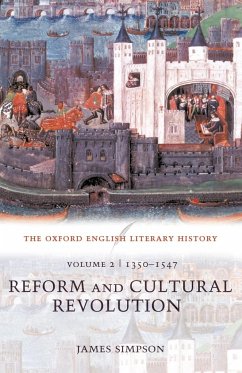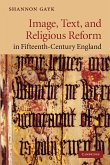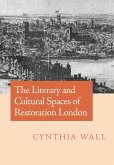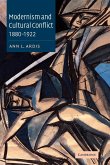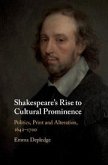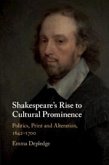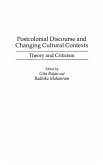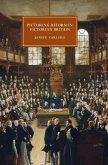The Oxford English Literary History is the new century's definitive account of a rich and diverse literary heritage that stretches back for a millennium and more. Each of these groundbreaking volumes offers a leading scholar's considered assessment of the authors, works, cultural traditions, events, and ideas that shaped the literary voices of their age. The series will enlighten and inspire not only everyone studying, teaching, and researching in English Literature, but all serious readers. Overstepping traditional period divisions, this volume in the new Oxford English Literary History runs from 1350 to the death of Henry VIII. It thus spans the extraordinary burst of English literary writing in the reign of Richard II; powerful phases of fifteenth-century literature; and the cultural revolution provoked by the split with Rome. Although potent traditions praise both the "Reformation" and "Renaissance" as liberating movements, this book argues the reverse. Sixteenth-century centralization instead narrowed possibilities enjoyed by late medieval writers, whose work was energized by generic and stylistic diversity. From roughly 1350 a wide range of literary kinds flourished, in a wide range of dialects. Many of these texts can be described as a mixed commonwealth of styles and genres, such as Langland's Piers Plowman, Gower's Confessio Amantis, Chaucer's Canterbury Tales, the dramatic "mystery" cycles, and Malory's works. In the sixteenth century that stylistic variety gave way to a literary practice that prized coherence and unity above all. Some kinds of writing, especially romance, survived the cultural revolution. Others, such as Langland's attempt to reformthe Church, the broadbased politics of Gower and Hoccleve, and the feminine visionary mode of Julian of Norwich, became untenable. For all its finely tuned classicism or Protestant energy, sixteenth-century writing--by figures such as Wyatt, Surrey, and the dramatist Jo
Hinweis: Dieser Artikel kann nur an eine deutsche Lieferadresse ausgeliefert werden.
Hinweis: Dieser Artikel kann nur an eine deutsche Lieferadresse ausgeliefert werden.

